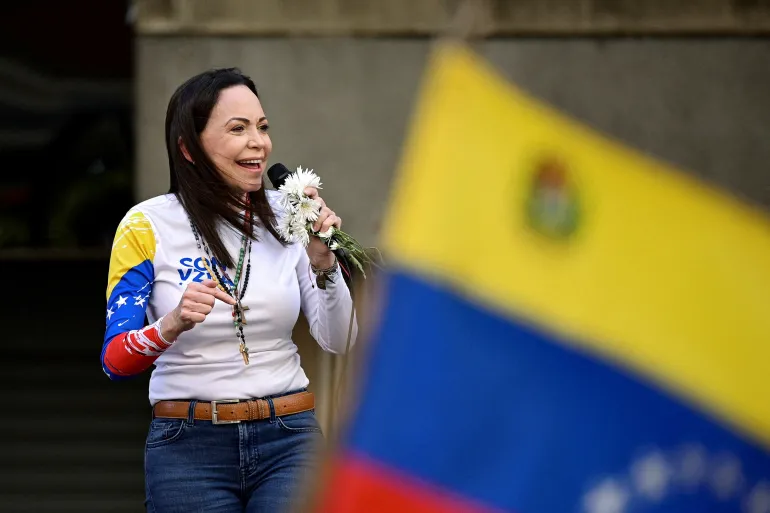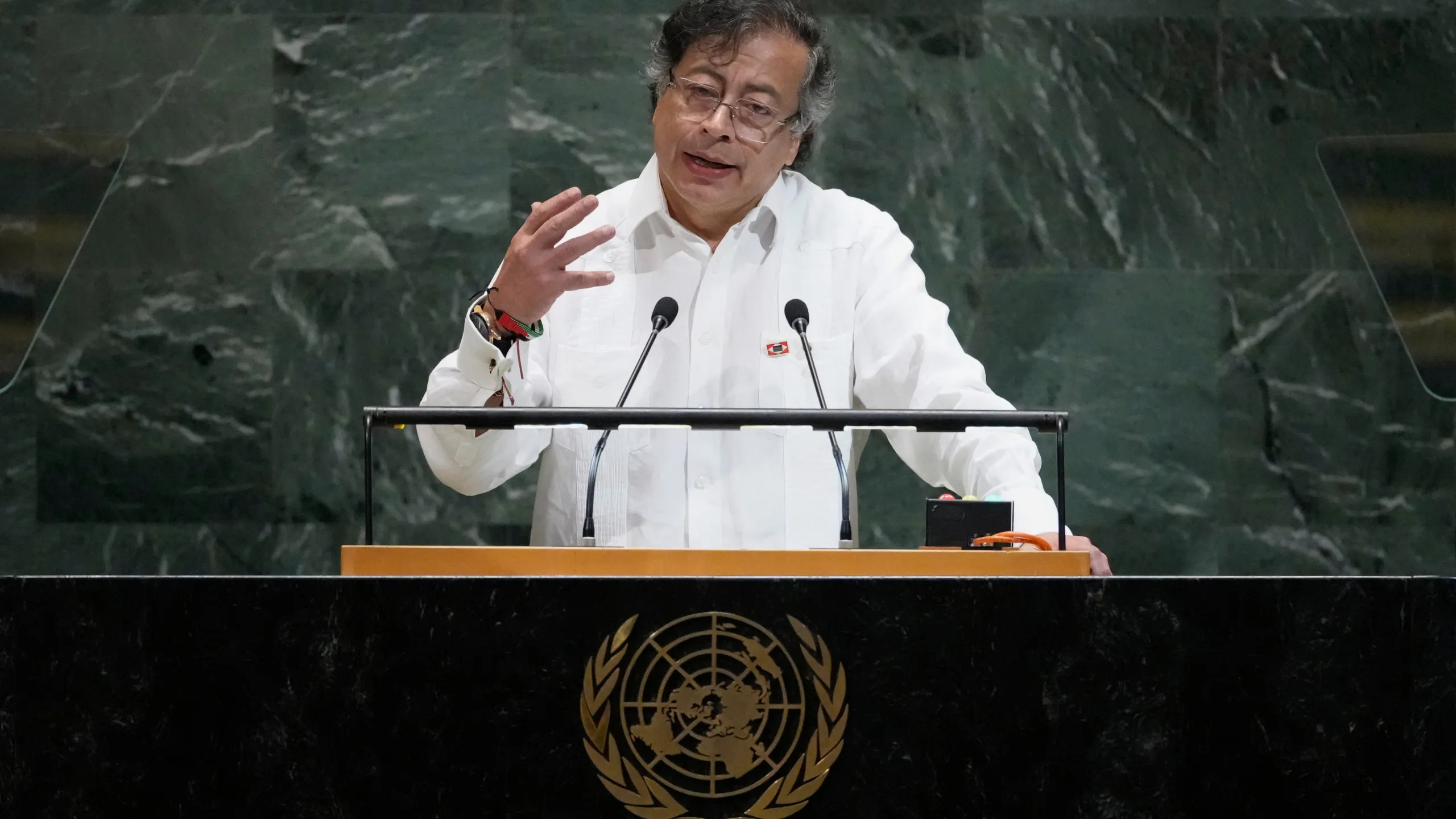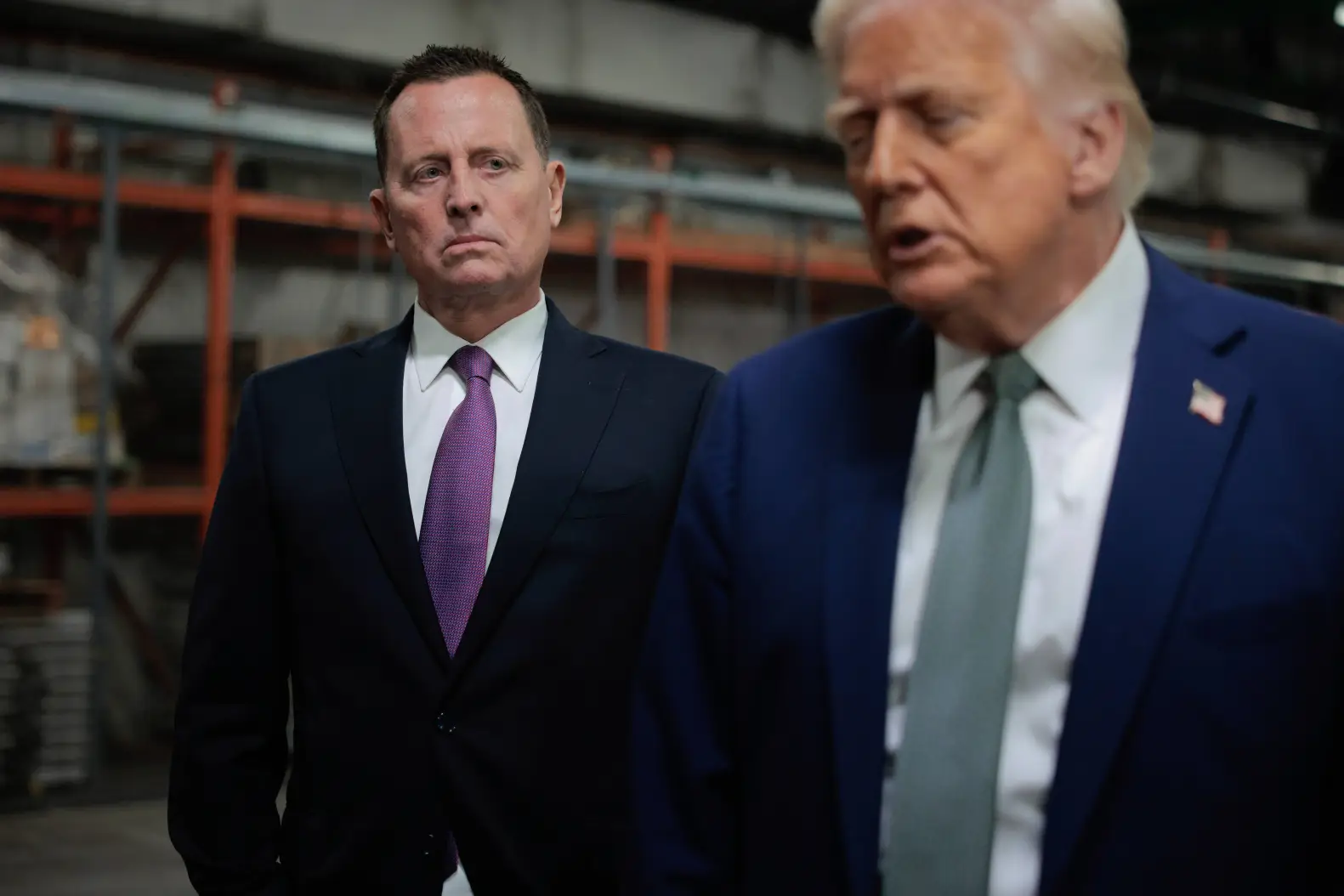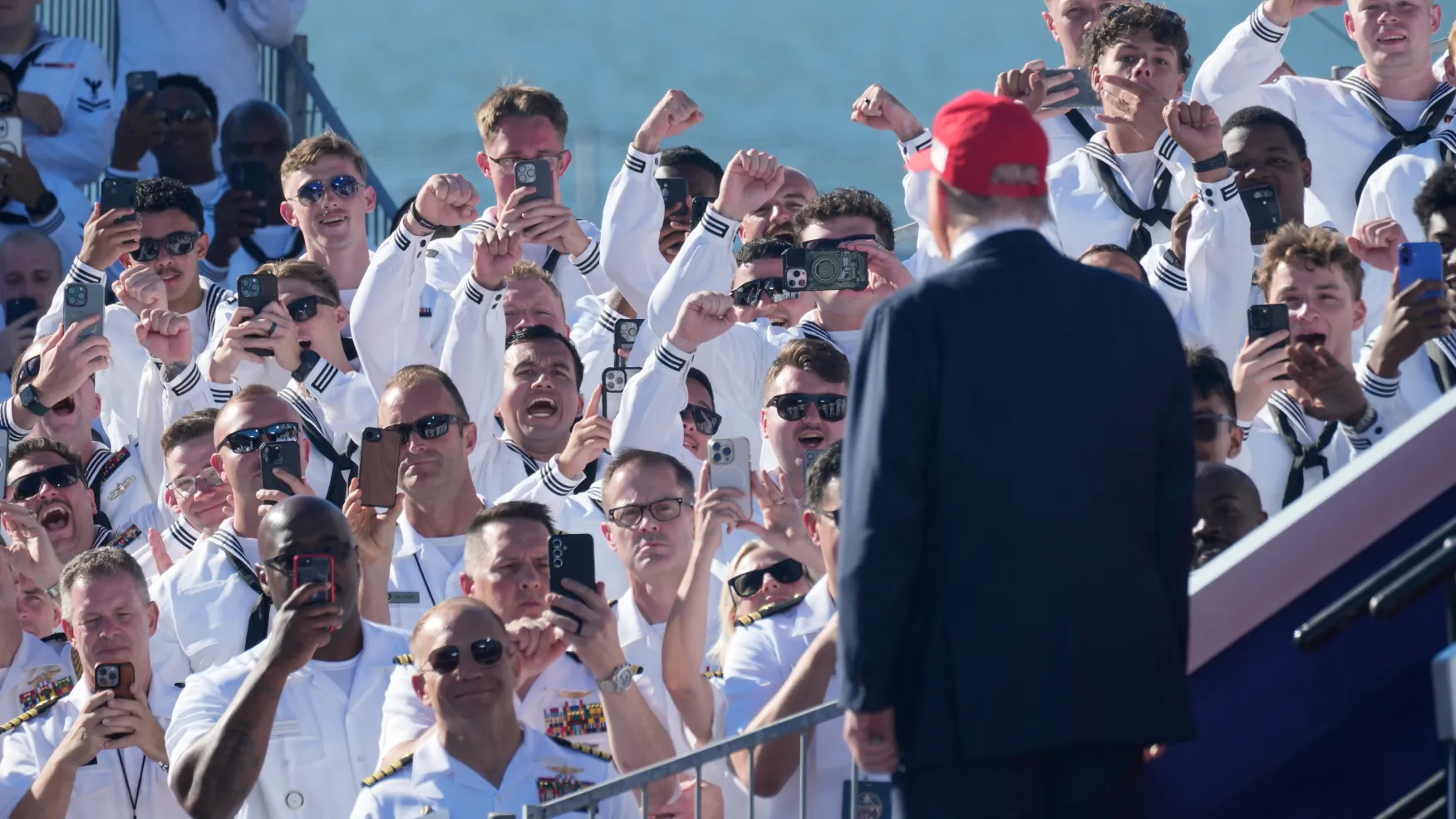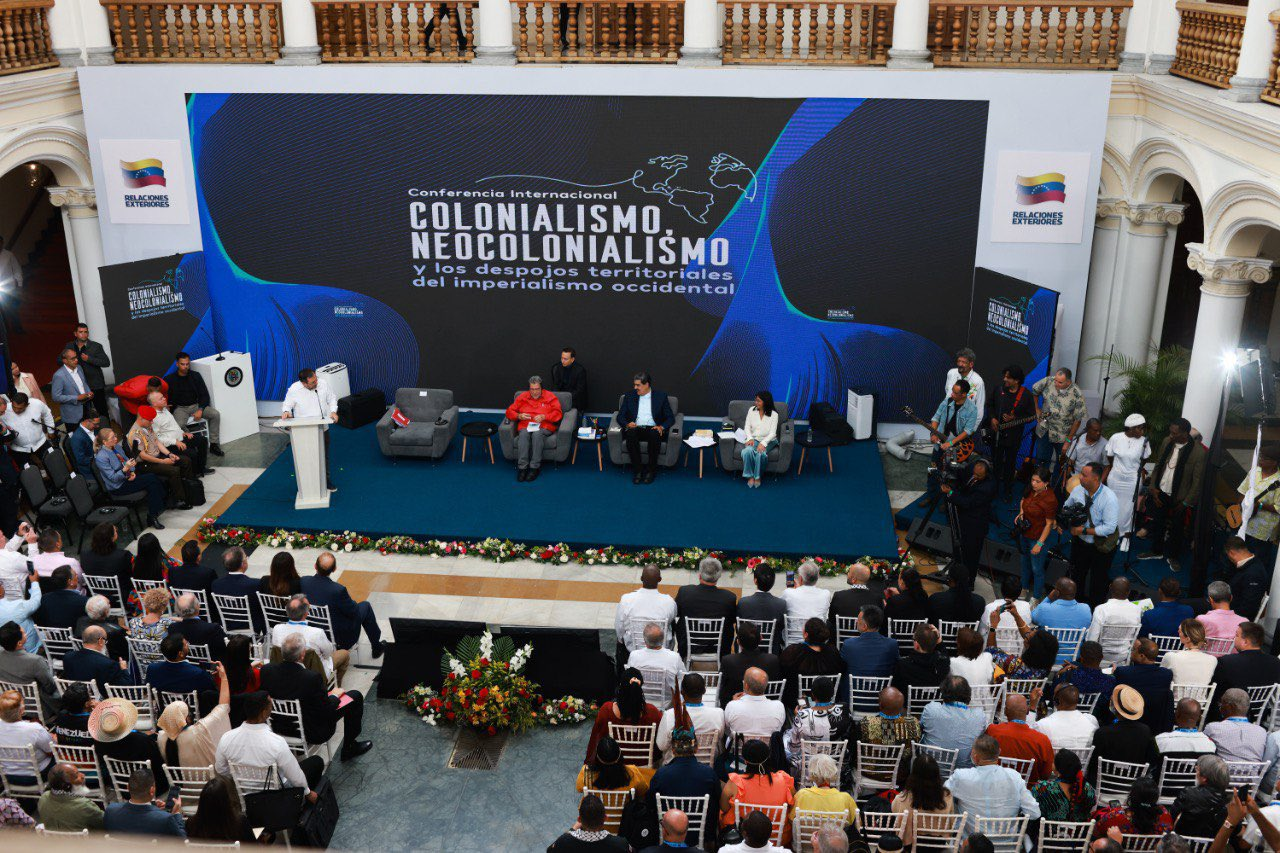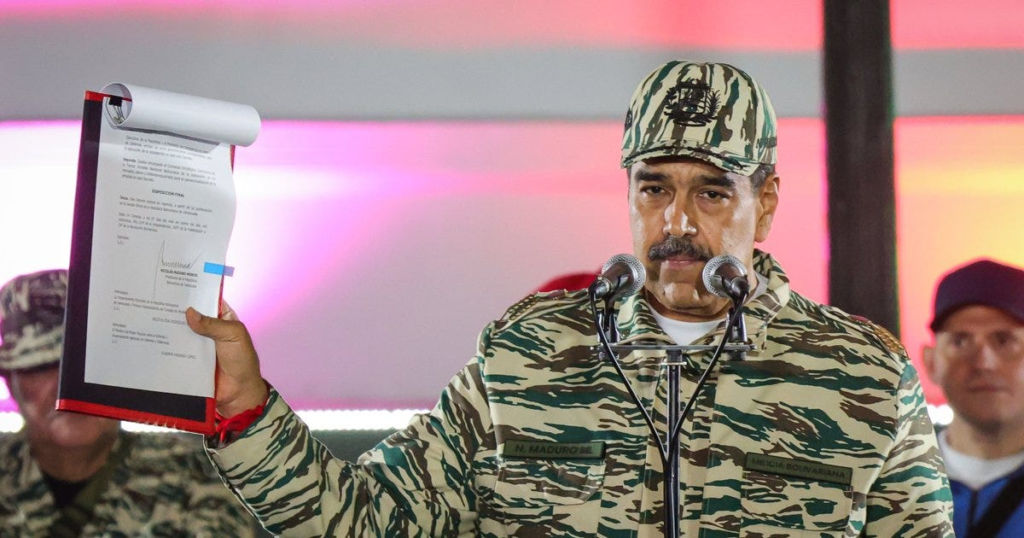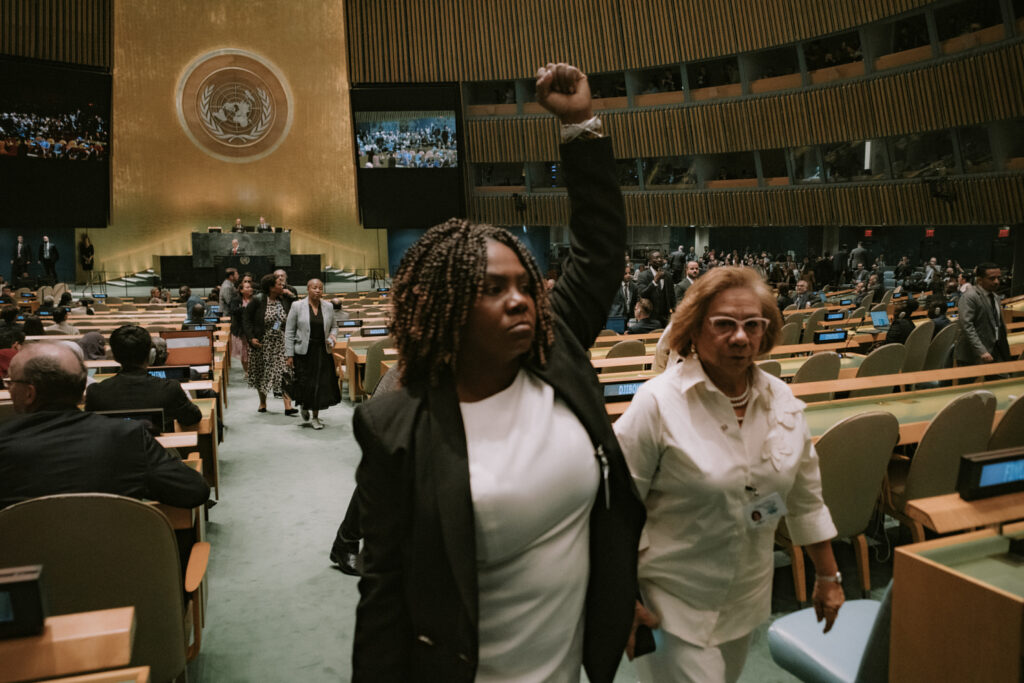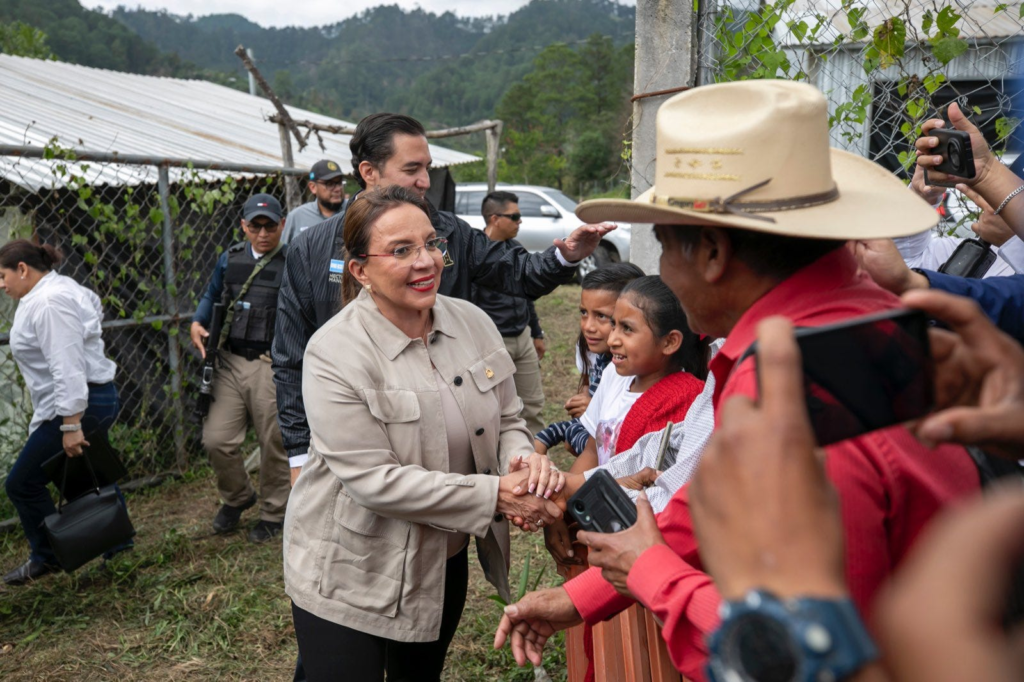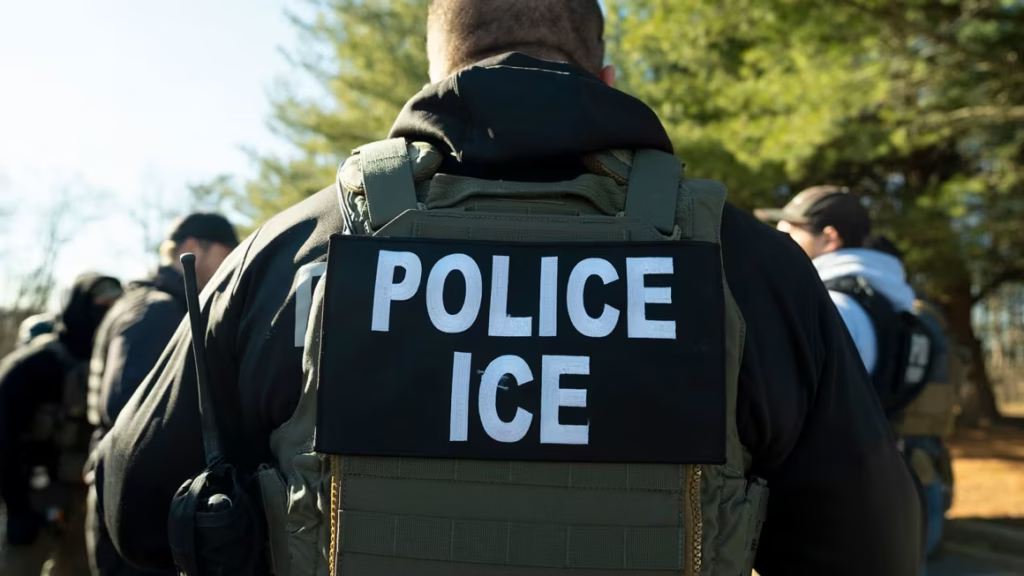The bill, S.J. Res. 83, culminated in a 51-48 vote along strict party lines, proposed by Senate Democrats to curb the Trump administration’s recent military actions in the South Caribbean.
The Pentagon has recently deployed a wide array of military assets under the direction of President Donald Trump, as part of a more aggressive approach to curtail the transportation of illicit narcotics into the United States by the region’s criminal drug cartels.
Over the course of the last several weeks, multiple U.S. strikes have targeted suspected “drug boats” in the Caribbean Sea, killing more than a dozen people, who the Trump administration labels as “terrorists.”
Critics of the Pentagon’s actions accuse the administration of carrying out arbitrary strikes on undeclared combatants and question the legality of the administration’s actions, raising concerns over a lack of due process.
The Senate bill was predicated on the 1978 War Powers Resolution, which reasserted the constitutional authority of Congress’s war-making decisions in the aftermath of the Vietnam War, and requires congressional approval for prolonged hostilities.
At the center of increased concerns on the part of congressional Democrats lies the lack of input the White House has requested from Congress, and the dearth of details regarding the specificity of the military’s recent strikes.
Within the resolution, Democrats highlight that “Congress has not received sufficient information” regarding: the vessels’ passengers; cargo; destinations; threats posed to the United States; justification; etc.
The Senate proposal comes one day after the Trump White House canceled all diplomatic ties with the Maduro regime after the head of the Venezuelan National Assembly issued a warning to the United States, stating, “Through a false-flag operation prepared by extremist sectors of the local right, there are attempts to plant lethal explosives at the U.S. Embassy in Caracas.”
The U.S. embassy in Caracas shut down in March of 2019 after a breakdown in diplomatic relations between the two governments.
Tensions have escalated since the recent U.S. strikes, with President Maduro threatening to activate a four million-man “territorial militia” over “imperialist aggression.”
Maduro also accused the United States of initiating hostilities with Venezuela, citing their desire to seize the nation’s natural resources like gold and oil.
On August 7, the United States Department of Justice issued a revised reward in the amount of $50,000,000 for information leading to the arrest of Nicolás Maduro, who the State Department claims is the “illegitimate president of Venezuela”, and refuses to recognize his government.
The State Department also calls the government in Caracas a “narco-terrorist regime” that facilitates the trafficking of drugs in coordination with a recently designated Foreign Terrorist Organization by the U.S. State Department under Marco Rubio.


